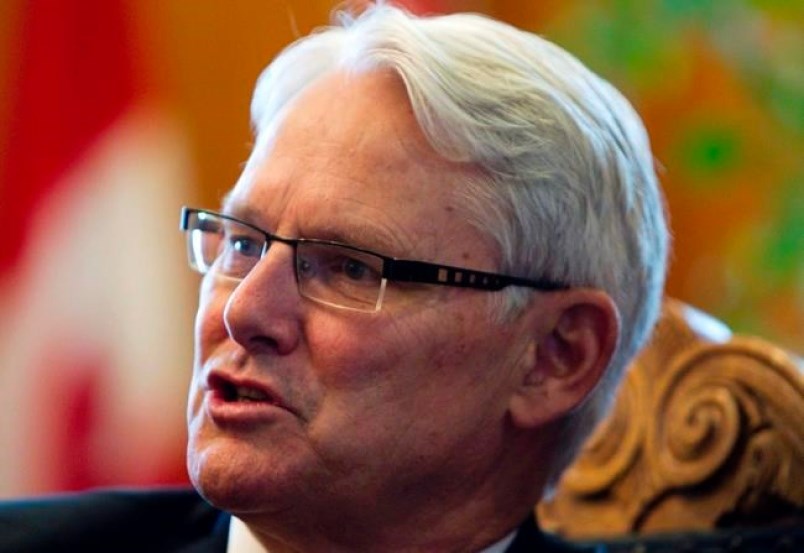Despite the old saw about those who have learned nothing from history being condemned to relive it, nobody with any serious connection to B.C.’s public education system wants to re-experience what transpired between 2002 and 2018.
So before we look ahead into 2019, let’s glance back at the fumbling management of public education that brought us to where we are. It’s the reason that 2019 will be the year when the major players will have to take to heart what the past teaches us.
In 2002, the B.C. Liberal government of Gordon Campbell arbitrarily stripped the teachers’ contract of those clauses dealing with class size, the number of special-needs students who can be in a class and the number of specialist teachers and aides required in schools.
Instead of imagining, much less predicting, the immediate and long-term consequences of this ill-advised action, the government of the day then passed a law guaranteed to exacerbate existing distrust and conflict by denying teachers the right to bargain those clauses ripped untimely from the contract.
That did it. There followed 16 years of teacher strikes, partial lockouts, legal grappling and raised tensions among parent groups, trustees and the union representing teachers, which served nobody well, least of all the kids.
Then, in November 2016, Canada’s highest court, which often takes several months to deliver a decision, took only a 20-minute recess after hearing legal arguments before delivering a 7-2 decision favouring the union’s position and smacking the government hard by ordering restoration of the 2002 contract provisions.
That meant that as soon as possible, the B.C. government (by now not even the government that had brought all this about), trustees and the teachers’ union had to get their heads together and figure out where to find, as soon as possible and depending on whose math you accepted, as many as 3,000 teachers to meet the court’s demand that the 2002 provisions be restored.
That group, the Minister’s Task Force on Recruitment and Retention Challenges, is still looking today, and, although a hiring spree has been underway for nearly two years, there are officially still 400 jobs to be filled.
Even that figure might be conservative, according to the union, which points out that there are still more than 400 people currently employed at B.C. schools who are not fully certified teachers. This was allowed temporarily when the province couldn’t find enough qualified teachers to fulfil the court mandate.
By December 2017, the broadly based task force reported on progress with the two major problems still facing the proper organization and conduct of public education in B.C.
The first was how to verify the quantification of the current educator workforce, including finding not only the number of classroom teachers needed but also the number of specialist teachers and classroom aides for children with identifiable special needs, as well as the number of teachers-on-call the system lacked.
Second, the challenge was to make concrete recommendations for immediate action to address those challenges. The report delivered six recommendations to be implemented immediately, along with several more mid-term and long-term recommendations.
The immediate recommendations were to:
Establish a provincewide recruitment and retention fund, develop regional profiles and recruitment strategies, increase school districts’ human-resources capacity and increase the number of graduates in specialized positions currently under pressure. In addition, the province should promote rural teacher-trainee practicum placements and support teacher mentorship.
As of today, those recommendations have yet to be fully implemented.
As if all of the above were not enough for those responsible to deal with in 2019, consider the following:
The current 2014 teachers’ contract expires in 2019 and will have to be renegotiated against the background of all of the above — plus those issues that have yet to be rectified.
Funding for children with identified special needs will continue to be a hot-button issue, and if you do not understand why, you’ve never had to explain to the parent of such a child that the system cannot provide what is necessary.
The details of a proposed new overall funding structure will have been released and been analyzed by anybody and everybody affected.
There’s more, but that’s enough for now. Let’s hope for some better wisdom when it comes to the governance of our most precious asset — public education. As acerbic Irish writer George Bernard Shaw said: “We are made wise not by the recollection of our past, but by the responsibility for our future.”
Geoff Johnson is a former superintendent of schools.



